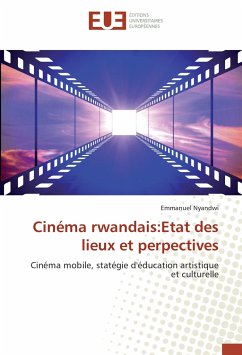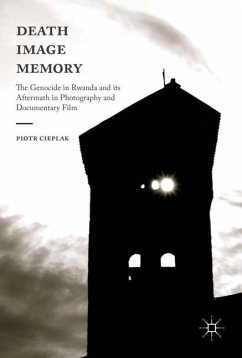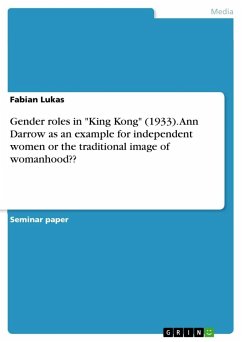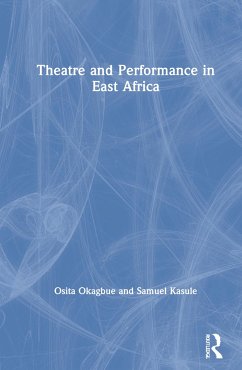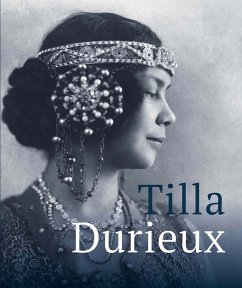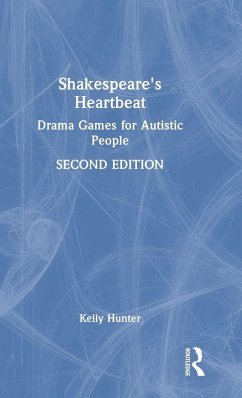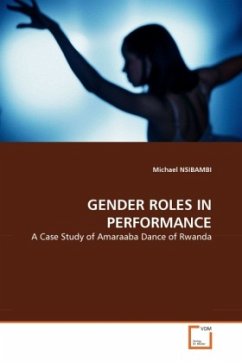
GENDER ROLES IN PERFORMANCE
A Case Study of Amaraaba Dance of Rwanda
Versandkostenfrei!
Versandfertig in 6-10 Tagen
32,99 €
inkl. MwSt.

PAYBACK Punkte
16 °P sammeln!
Rwanda was organized in three major tribes; the Tutsi, Hutus and Batwa. They were governed by traditional leaders who were responsible for the expansion of their territories mainly done through fighting with the neighboring tribes and taking over their wealth and land. After a successful war, the loot was distributed amongst the warriors and this became an occasion during which Amaraaba dance was performed. The dance is performed by both males and females. Women perform this dance to welcome their husbands from war. The married men dance together with their wives while the unmarrieds pick wive...
Rwanda was organized in three major tribes; the Tutsi, Hutus and Batwa. They were governed by traditional leaders who were responsible for the expansion of their territories mainly done through fighting with the neighboring tribes and taking over their wealth and land. After a successful war, the loot was distributed amongst the warriors and this became an occasion during which Amaraaba dance was performed. The dance is performed by both males and females. Women perform this dance to welcome their husbands from war. The married men dance together with their wives while the unmarrieds pick wives from the rest of the dancers. This dance has popular among many ethno-music and dance artistists across Africa. Unfortunately its roles in relation to music, instruments and dance motifs are not clearly understood by artistes outside Rwanda. This has resulted in a loss of the Kinyarwanda rich cultural heritage that is embedded in this dance. This study identified these gender roles in Amaraaba dance performance and recommends the maintenance of the authenticity in performance of Amaraaba dance in order to preserve Rwanda's cultural heritage depicted in this dance.





